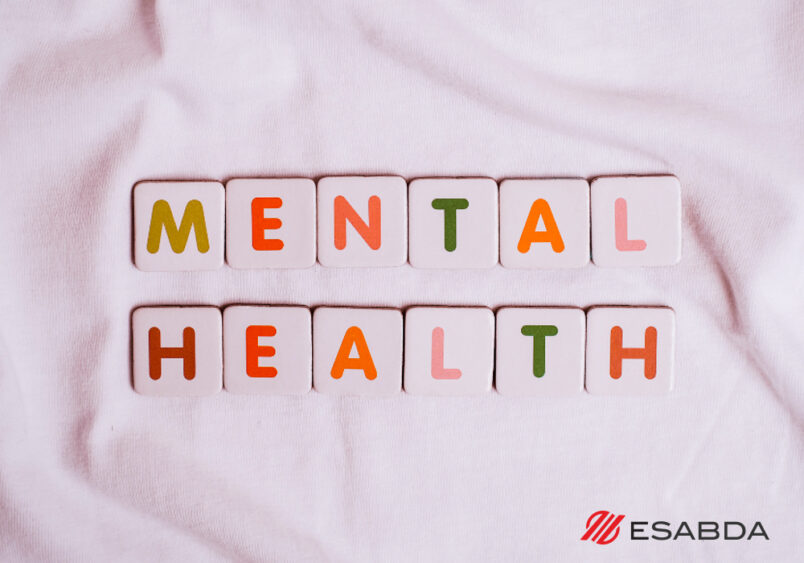By Esabda
How many times do you check your gadgets in a day even without having to work? Three times, Four times, or even more? Here this article includes the 7 tips for limiting your screen time easily.
Current Situation of Peoples Screen Time
Screens and social media technologies have been an integral part of everyone’s life in recent years. From waking up in the morning to going to bed, each individual is being glued to their smart gadgets. The ongoing pandemic led to a virtual transformation of education and the workspace had a lot to add to this. According to research conducted by Rescue Time on its 11000 users, an individual spends an average of 3 hours 15 minutes on their screen. Following the same research, an individual checks their phone 58 times a day on average, out of which, 30 times are not for purpose.
Here is a question, are screens bad? Is this my unknown addiction? How do I get rid of it?

If you are using a screen without any purpose, time and again, and are still enjoying it each time, then definitely you are getting addicted to it.
The screen of the gadgets and smart devices emits blue light which poses a high risk of optical muscular degeneration (disease of the retina) and less production of a sleep-inducing hormone called Melatonin. Vision-related problems and mental disturbance are quite common in such situations. Adding on to this, a high risk of being obese is also associated with screen addiction. Several researchers around the world have found that being addicted to the screen can pose all sorts of physical, mental, and behavioral problems in an individual, and such problems might be more hazardous in children.
So, it’s time to track and act. Here are seven proven tips to help you limit your screen time:
1. Track your viewing time
Have a proper work schedule and set your screen time limit each day. You may use features like ‘Screen Time’ on iOS or apps like ‘Zen Screen’, ‘Break Free’, or ‘Social Fever’ to track your screen time. Start by cutting one hour of your socializing time on social media from today and observe the positive changes yourself.
2. 30 minutes gadget-free time before and after bed
Blue light influences the circadian rhythm of the body. Watching gadgets before going to bed or after waking up will keep your mind psychologically active. In such situations, you will not have sufficient sleep helping you to function fullest the next day. If this happens, you will end up losing your concentration and your ultimate working potential. This is one of the effective methods for limiting your screen time.
3. Take regular breaks
Regular breaks after every one hour, while you are working on the screen, is extremely important to avoid unnecessary stress to your eye. The breaks can be of 5 minutes to 10 minutes every one hour and you may try a fast eye-blinking exercise during this time. Drink plenty of water and seek to have fresh air for refreshment. Cutting off caffeine is also highly recommended.
4. Don’t eat while watching the screen
Watching favorite movies or series during the meal break will add to your screen addiction. You will tend to pay more attention to the screen than what is served and how much you should eat. Also, you will go with the flow and end up overeating and improper chewing which will lead to obesity and indigestion-related problems. You should take your meal breaks as a time to rest without using gadgets.
5. Sleep for at least 8 hours
Just like you recharge your gadgets, sleeping is the ultimate process to recharge your mind and body. Our bodies will turn toxic if we are not sleeping adequately. Thus, make sure you have a proper 8 hours of deep sleep no matter how intense your workload is. Adequate sleeping will improve your body’s healing process and stabilize your mental status.
6. Sungazing
Sungazing means to look intently at the sun for at least 5 minutes, only at the time of immediate sunrise or sunset. It is a yogic meditation practice that is believed to harness the healing power of the body by the absorbance of the sun’s rays. The absorbance will improve blood circulation in the eye muscles and can help with vision-related problems. Sungazing during bright afternoon sun is strictly prohibited.
7. Search alternatives
The more you use the screen, the more you will find yourself drenched into it. Why don’t you seek alternatives? Painting, dancing, exercising, practicing yoga, singing, reading a book, or anything that you find interesting can be a good way to kill your boredom. Or else you can spend your time being with your family, planning for short trips or gardening. This will help you limit your work stress and be healthier.
In Conclision
Limiting your screen time in everyday life can benefit you from various eye health problems. As seen children mostly have more screen time on a regular basis. So, parents should be more focused on their children’s screen time reduction. The eyes and mind are essential things in life. So, limiting your screen time can help you stay away from various sight problems.




